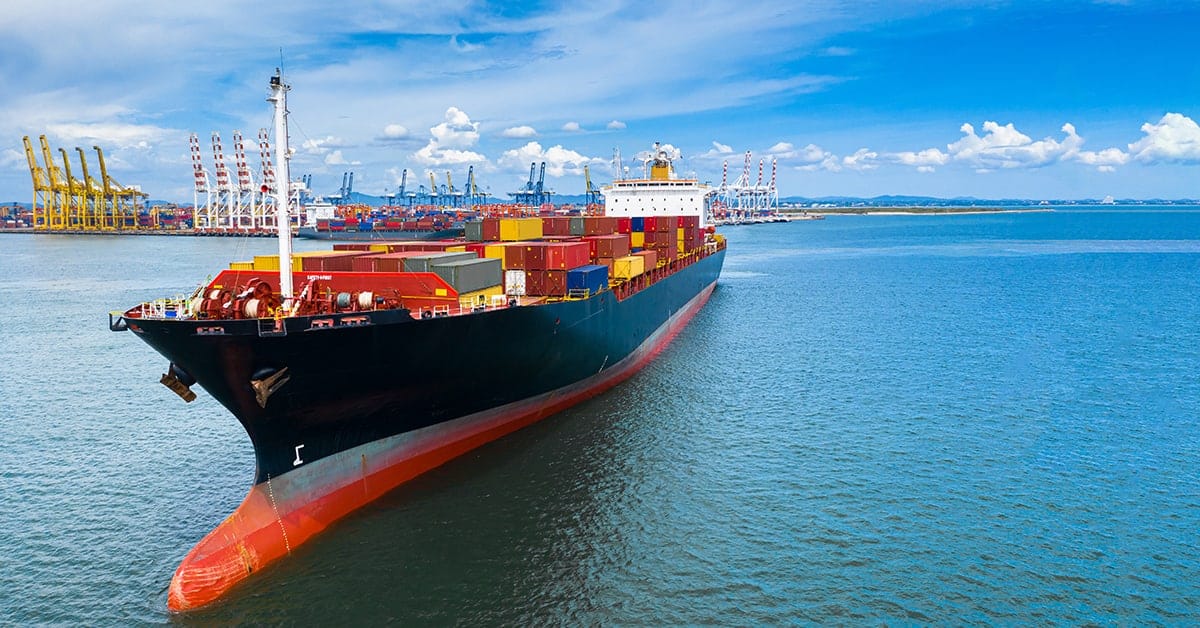Shipping Sector Accelerates Decarbonization Efforts

The maritime industry is increasingly recognizing the urgency of reducing emissions, as highlighted by the recent METAVASEA survey. Conducted between June and November 2024, this comprehensive study reveals a growing commitment among shipping companies, ports, and civil society to embrace decarbonization. Despite some progress, significant challenges remain, particularly in skills training, infrastructure, and the adoption of alternative fuels.
Key Findings from the METAVASEA Survey
The METAVASEA survey gathered insights from 898 participants across the maritime sector, including shipping companies, seafarers, ports, and suppliers. A notable finding is the disparity between public perception and actual shipping emissions; while citizens believe shipping contributes 50-70% of total greenhouse gas emissions, the reality is closer to 3%. This gap underscores the need for better communication and education regarding the industry’s environmental impact.
Among shipping companies, 74% reported alignment or plans to align with the International Maritime Organization’s (IMO) net-zero targets. However, awareness of emissions management is still developing, with 73% focusing on direct emissions (Scope 1) while only a small fraction monitors indirect (Scope 2) or supply chain (Scope 3) emissions. Biofuels are leading the transition, with 62% of respondents adopting or planning to adopt this alternative. However, concerns about fuel compatibility and infrastructure gaps persist, with 42% expressing uncertainty.
Technological barriers also hinder progress. High costs, vessel compatibility issues, and regulatory complexities are significant obstacles to adopting new technologies. Innovative solutions such as onboard carbon capture and renewable energy sources face skepticism due to performance uncertainties. Additionally, crew fatigue emerged as a top safety concern, with 70% of seafarers citing it as a primary issue, followed by inadequate training and unfamiliarity with new fuels.
Training gaps are prevalent, with 64% of seafarers reporting no decarbonization-related training in the past two years. Among those who received training, only a small percentage covered alternative fuels or emissions monitoring. While 61% of training is conducted in-house, external providers receive higher satisfaction ratings, particularly for courses on new technologies.
Port and Civil Society Insights
The survey also revealed critical insights from ports and civil society. A significant misconception exists regarding shipping’s contribution to greenhouse gas emissions, with 41% of respondents overestimating its impact. Port infrastructure for low-carbon fuels remains limited, with only 20% offering Very Low Sulfur Fuel Oil (VLSFO) bunkering. Onshore power systems are the most common planned initiatives, but 40% of ports reported no planned interventions.
New super-fast patrol boat for the Guardia Civil to combat drug trafficking
Renewable energy installations are a priority for 70% of ports, while 60% lack emissions monitoring systems, highlighting a need for improved regulatory compliance. Civil society shows a strong awareness of climate issues, with 67% familiar with global warming causes and 97% concerned about its local effects. The majority (86%) agree that emissions are a primary cause of global warming, and 78% emphasize the importance of maritime decarbonization for the sustainability of the East Mediterranean marine environment.
Launched in 2023, the METAVASEA project aims to facilitate a people-centered approach to maritime decarbonization in the Eastern Mediterranean. Coordinated by the Hellenic Marine Environment Protection Association (HELMEPA) and supported by Lloyd’s Register Foundation, this initiative will continue to gather data until September 2027, allowing for ongoing analysis of trends and capacity-building needs in the region.
